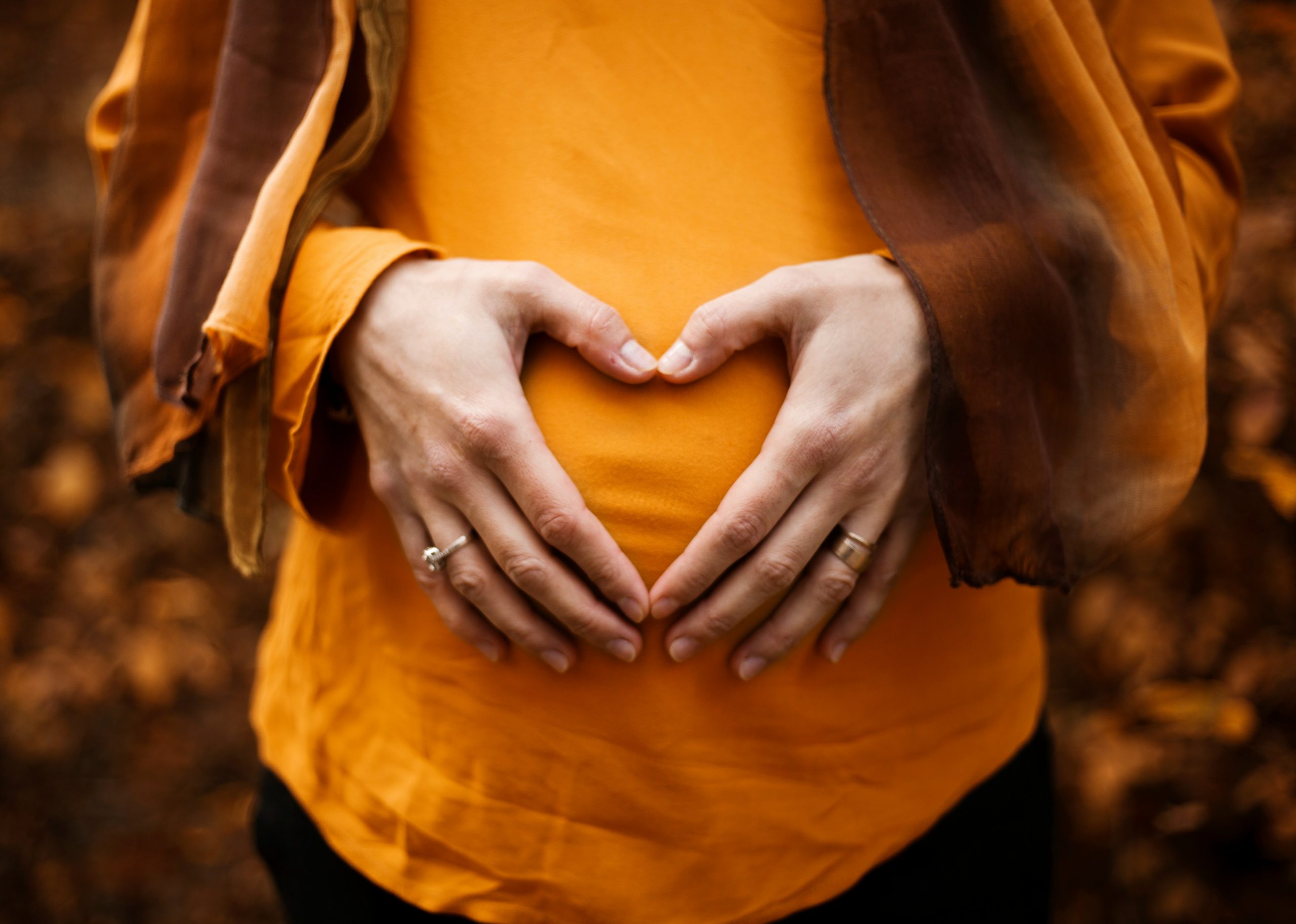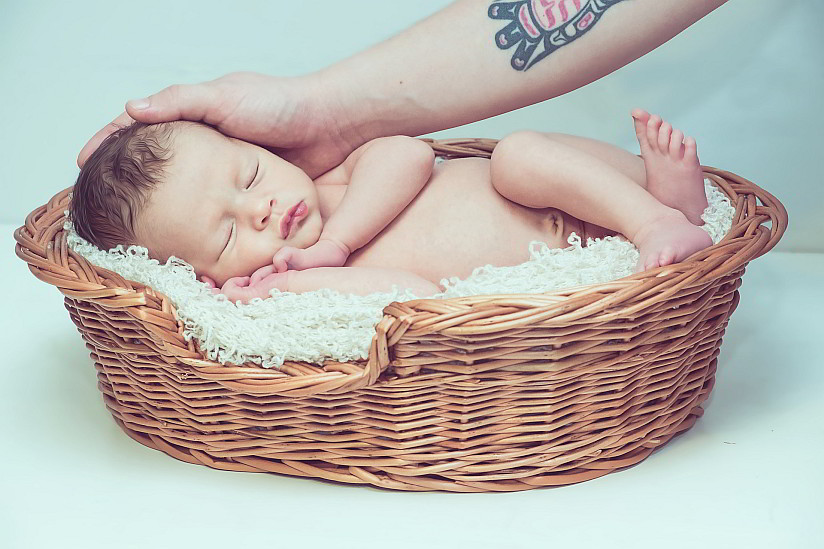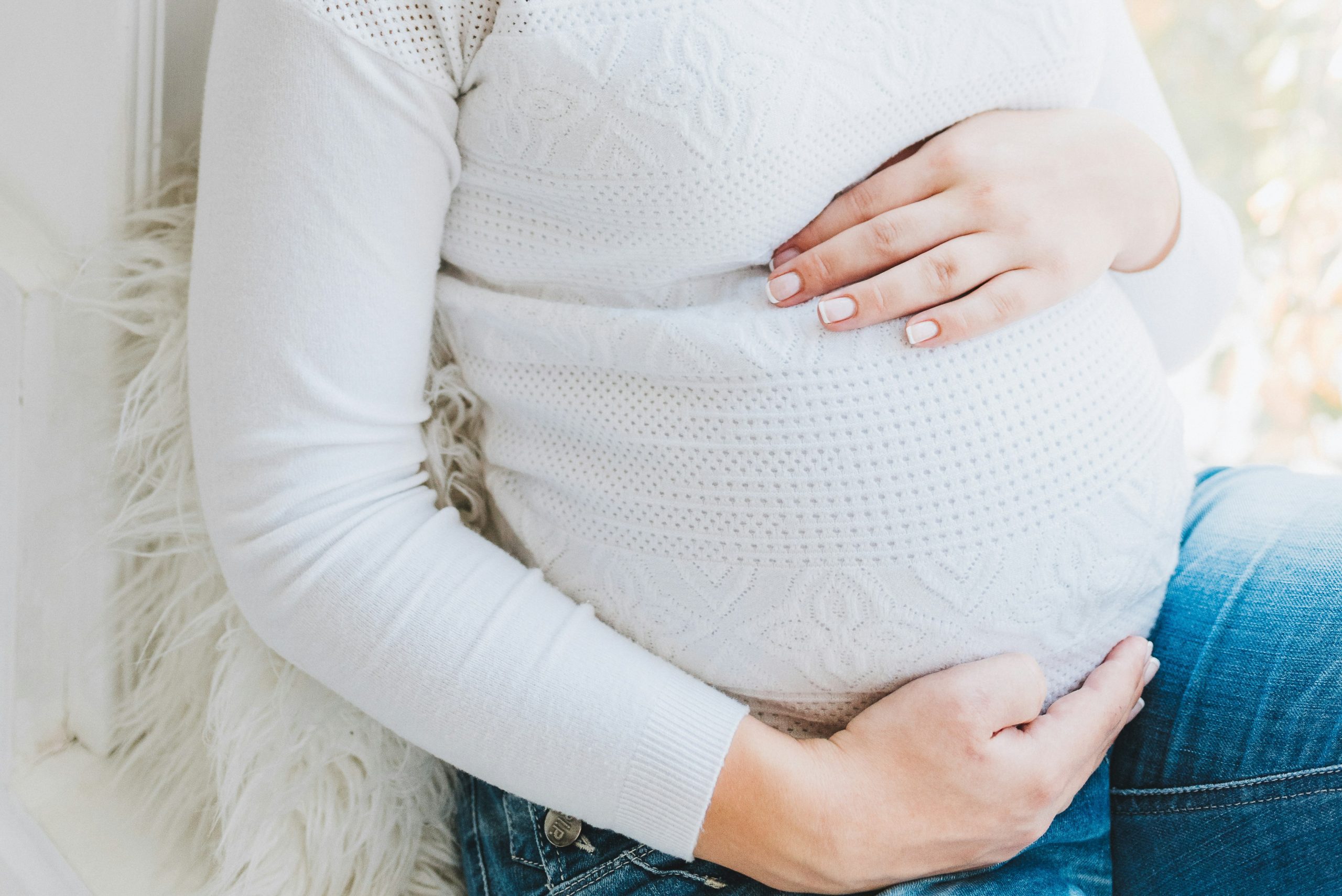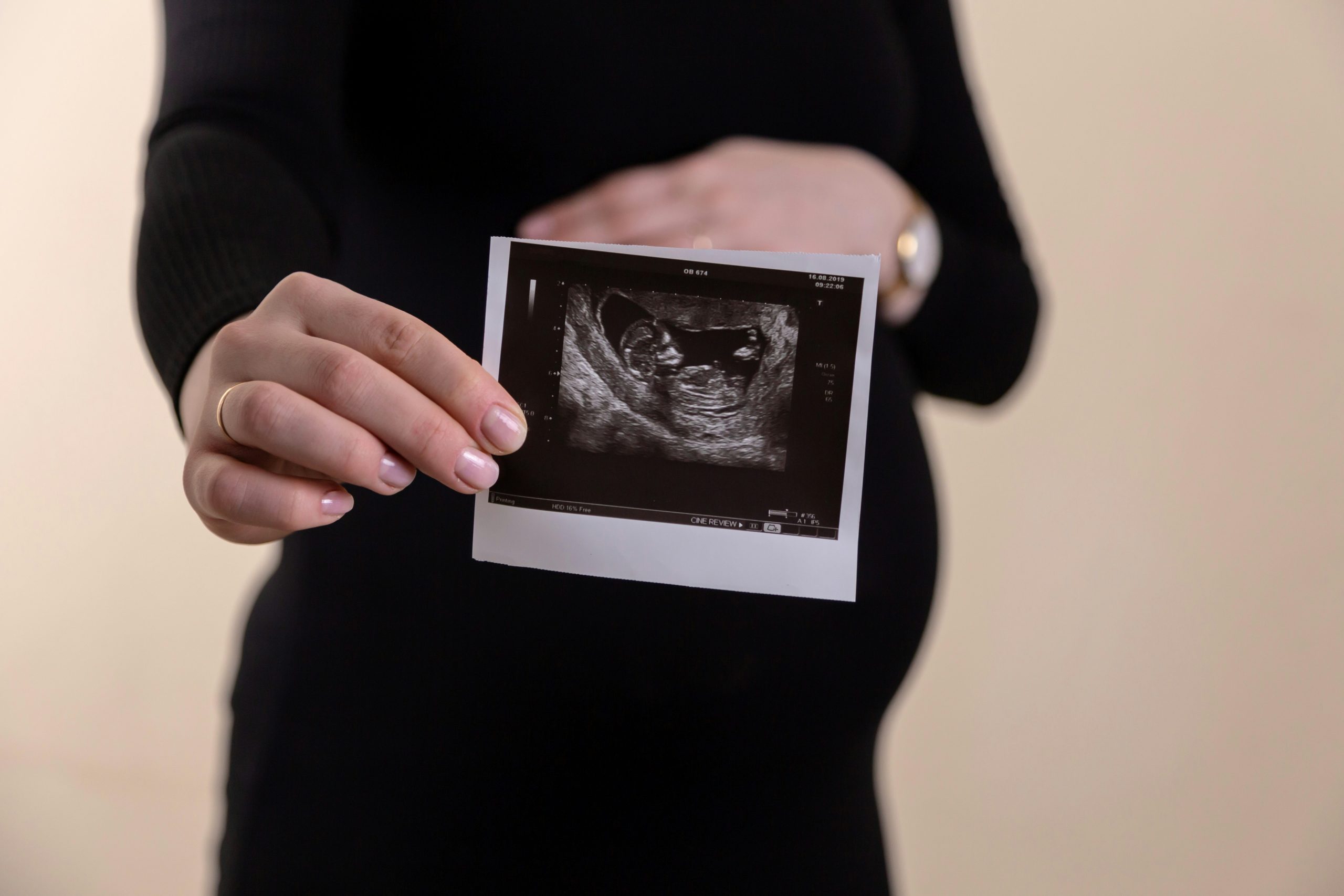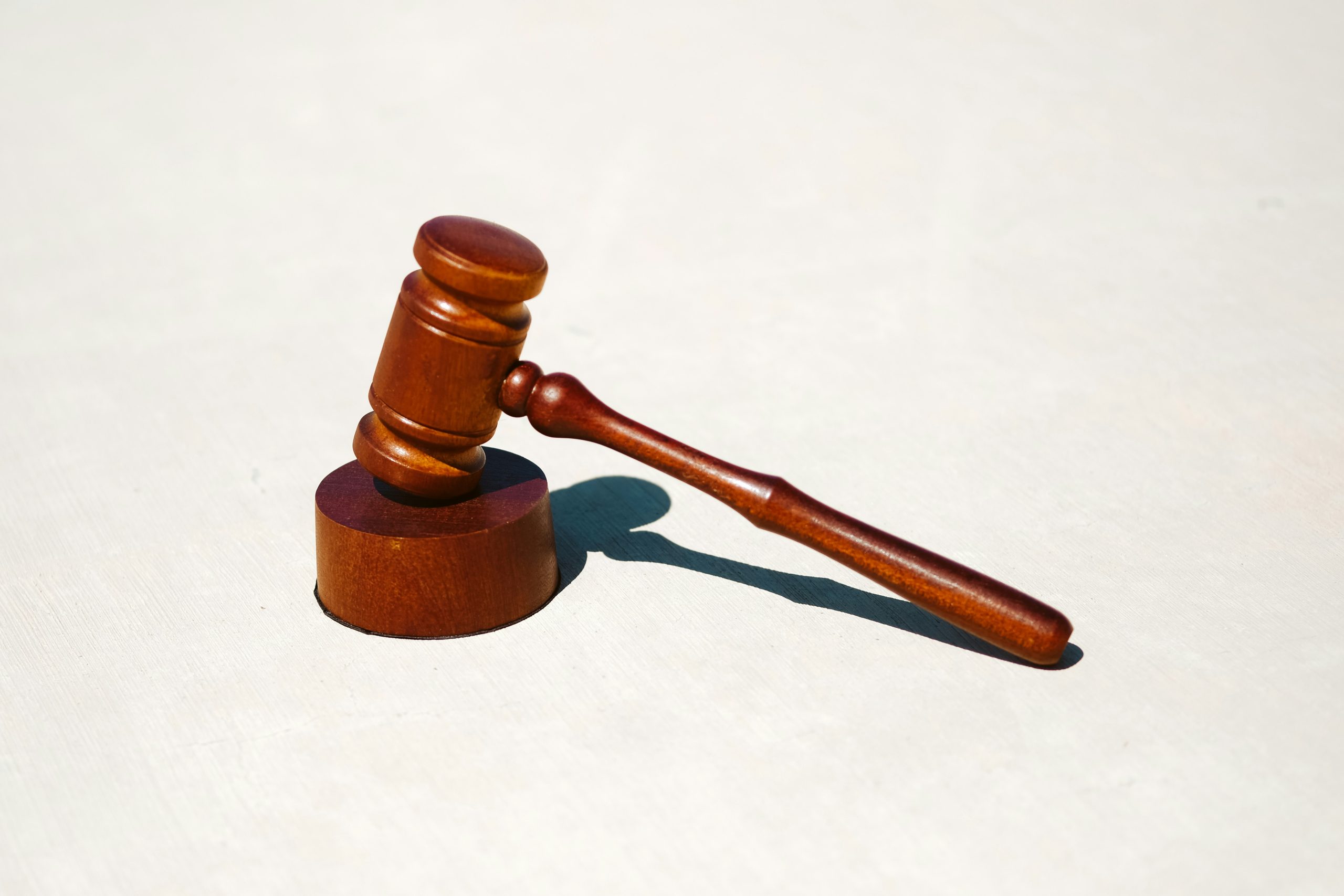In June 2011, Justice Garry Watts of the Family Court in Sydney ordered that a Queensland couple were the parents of two boys born to a surrogate mother in Thailand.[i] However, Justice Watts ordered that the Office of Public Prosecutions in Queensland consider whether the couple should be prosecuted for entering into a commercial surrogacy agreement, which is illegal in all states and territories in Australia.[ii] There are different punishments in different states, however, in this matter, the commercial surrogacy carries a maximum three-year gaol sentence.[iii]
The court made a parental order under section 65G of the Family Law Act 1975(Cth) even though the applicants would have would have been unsuccessful in acquiring such an order under Queensland’s Surrogacy Act 2010. Justice Watts made the parental orders on the basis that it was in the best interest of the children because the Thai birth mother had clearly indicated she wanted to relinquish her rights and obligations in relation to the children and the children ‘need to live with someone and be looked after by someone’[iv]. Additionally, the Judge considered the fact that the two children had another sibling born to a surrogate mother whom they considered to be a brother.
While the Judge found that it would be in the children’s best interest for them to ‘be looked after by someone’, the Judge did not hesitate in referring the matter to Queensland’s Director of Public Prosecution where it is possible that the parents would be gaoled for three years.
Altruistic surrogacy has been legal in the ACT for some time, however surrogacy laws have been recently amended in both Queensland and New South Wales where it is now legal to undertake an altruistic surrogacy. The Surrogacy Act 2010 (NSW) provides a process whereby a child born pursuant to a surrogacy arrangement may be the subject of a parentage order in NSW. If a parentage order is made, the effect is that the child’s birth certificate is altered so that biological parents are listed as the parents as opposed to the birth parents.
Similarly, in the ACT under the Parentage Act 2004 (ACT) the court must make parentage order if the court is satisfied that;
(1) The making of the order is in the best interest of the child; and
(2) Both birth parents freely, and with a full understanding of what is involved, agree to the making of the order.
NSW and the ACT have differing procedures and requirements for a parentage order to be made. For instance, in New South Wales it is mandatory that a surrogacy agreement is in place and in writing prior to conception. There are differing health and counselling requirement depending on the jurisdiction. Further, while it is illegal in Australia to have any type of commercial arrangement, it is a further offence in ACT to advertise for a commercial surrogacy.
The legal requirements involved with surrogacy are extremely complex. elringtons has been specialising in surrogacy law for a number of years and is able to give comprehensive advice on all steps in the process in both the ACT and NSW.
In particular, elringtons has expertise in:
- Preparing written surrogacy agreements
- Organising the requisite counselling and health appointments and reports
- Appearing in court for Parentage Orders
[i] Dudley and Anor & Chedi [2011] FamCA 502.
[ii] Louise Hall, ‘Surrogacy couple win right to babies face prosecution’, The Sydney Morning Herald July 28 2011 http://www.smh.com.au/national/surrogacy-couple-win-right-to-babies-but-face-prosecution-20110728-1i155.html
[iii] Surrogacy Act 2010 (Qld).
[iv] Dudley and Anor & Chedi [2011] FamCA 502, [40].
Further reading

elringtons lawyers regularly provide legal advice in relation to a range of Family Law matters. Please contact our Family Law Team for more information or to make an appointment call (02) 6206 1300
